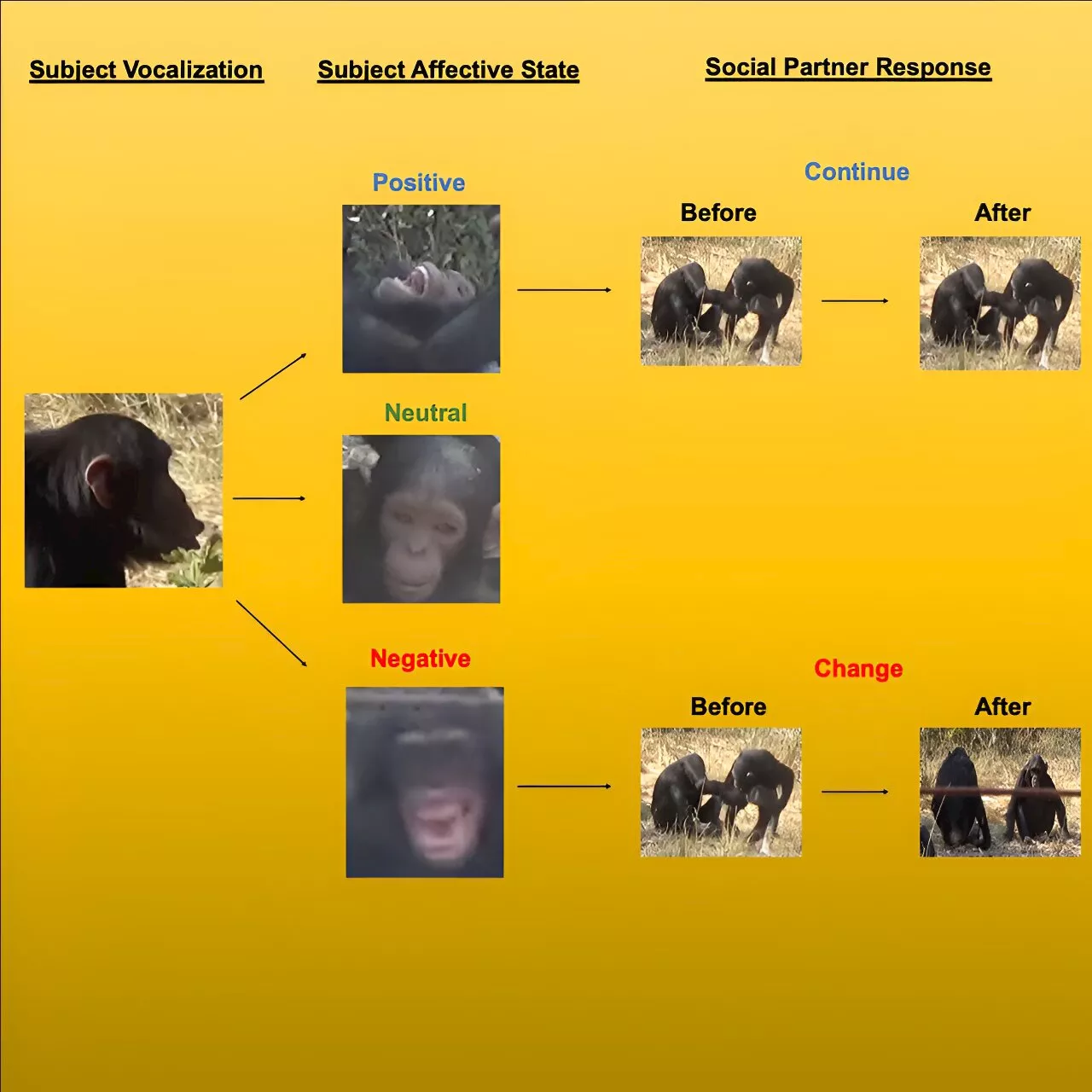Study creates a mosquito family tree to better understand disease transmission and host choice.
Researchers at North Carolina State University and global collaborators have mapped the mosquito's tree of life, a major step toward understanding important traits, such as how the insects choose their hosts, feed on blood and spread disease. The findings will help researchers make better predictions to model disease transmission and understand what makes some mosquitoes better disease carriers than others.
"A lot of research goes into the important mosquitoes and there's not much known about the incredible mosquito diversity across the globe," Wiegmann said."We now have the tools to sample genetic information more rapidly and very thoroughly. And so the time was right to take a big stab at putting the disease vectors and the well-known mosquitoes into the context they evolved in.
"The genomic data confirms that blood feeding evolved very early, before some vertebrate groups, like mammals and birds, were flourishing on Earth," Wiegmann said."Mosquitoes evolved right along with them with a new feeding strategy of developing hypodermic needles for mouths and feeding on blood in order for females to have plenty of protein to develop mature eggs."
Funding for the research came from the National Science Foundation under grant DEB-17534376. John Soghigian, Charles Sither, Silvia Andrade Justi, Gen Morinaga, Brian K. Cassel, Christopher J. Vitek, Todd Livdahl, Siyang Xia, Andrea Gloria-Soria, Jeffrey R. Powell, Thomas Zavortink, Christopher M. Hardy, Nathan D. Burkett-Cadena, Lawrence E. Reeves, Richard C. Wilkerson, Robert R. Dunn, David K. Yeates, Maria Anice Sallum, Brian D. Byrd, Michelle D. Trautwein, Yvonne-Marie Linton and Michael H.
United States Latest News, United States Headlines
Similar News:You can also read news stories similar to this one that we have collected from other news sources.
 Gunman kills two Swedes in Brussels, prompting terror alert and halt of Belgium-Sweden soccer matchWellSpan Health and Helix are inviting Pennsylvanians to participate in the newest genomics study.
Gunman kills two Swedes in Brussels, prompting terror alert and halt of Belgium-Sweden soccer matchWellSpan Health and Helix are inviting Pennsylvanians to participate in the newest genomics study.
Read more »
 Reese's $25,000 promotion may violate sweepstakes lawsWellSpan Health and Helix are inviting Pennsylvanians to participate in the newest genomics study.
Reese's $25,000 promotion may violate sweepstakes lawsWellSpan Health and Helix are inviting Pennsylvanians to participate in the newest genomics study.
Read more »
 New York City limiting migrant families with children to 60-day shelter stays to ease strain on cityWellSpan Health and Helix are inviting Pennsylvanians to participate in the newest genomics study.
New York City limiting migrant families with children to 60-day shelter stays to ease strain on cityWellSpan Health and Helix are inviting Pennsylvanians to participate in the newest genomics study.
Read more »
 Stanford scientist, after decades of study, concludes: We don’t have free willYou may think you chose to read this, but Stanford scientist Robert Sapolsky would disagree. He says virtually all human behavior is beyond our conscious control.
Stanford scientist, after decades of study, concludes: We don’t have free willYou may think you chose to read this, but Stanford scientist Robert Sapolsky would disagree. He says virtually all human behavior is beyond our conscious control.
Read more »
 Bay Area study helps confirm age of ghostly human footprintsSkeptics said footprints couldn’t be 23,000 years old. Bay Area scientists proved they were.
Bay Area study helps confirm age of ghostly human footprintsSkeptics said footprints couldn’t be 23,000 years old. Bay Area scientists proved they were.
Read more »
 New study reveals similarities in language development between chimpanzees and humansA new study has provided evidence that young chimpanzees are capable of vocal functional flexibility; a known building block in human language development.
New study reveals similarities in language development between chimpanzees and humansA new study has provided evidence that young chimpanzees are capable of vocal functional flexibility; a known building block in human language development.
Read more »
